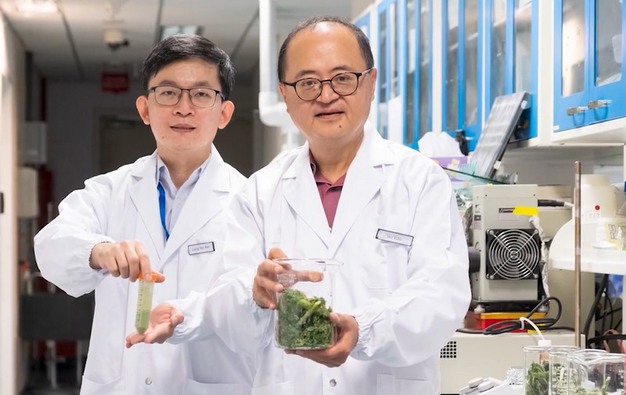Scientists from NTU Singapore have developed a new technique to convert kale waste for use in health and personal care products, reducing food waste and emissions.
Phytochemicals found in plants are known to prevent damage to cells in the body and are widely used in consumer products. They include health-promoting supplements, like antioxidants and lutein, as well as face scrubs and hair shampoo with kale extracts.
Current processes for extracting phytochemicals from kale are energy-intensive, requiring high pressure and temperatures, which contribute additional CO2 emissions to the environment. Moreover, the industrial extraction processes only target a single type of phytochemical each time.

Seeking a more sustainable and efficient method to turn vegetable waste into ‘treasure,’ the NTU researchers mixed processed kale waste with naturally derived natural deep eutectic solvents (NADES) - non-toxic liquids made up of plant-based compounds such as amino acid, sugar, and vegetable oil by-product – and found that when the kale waste and NADES mixture is stirred and set aside, it naturally separated into layers, facilitating the easy extraction of the phytochemicals from kale (polyphenols, carotenoids, and chlorophylls) without the need for heating.
Source: ntu.edu.sg

